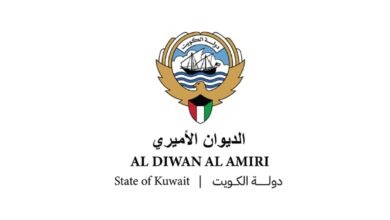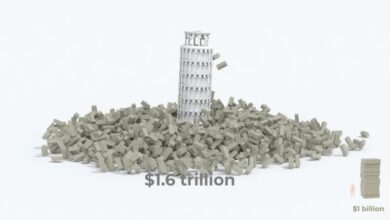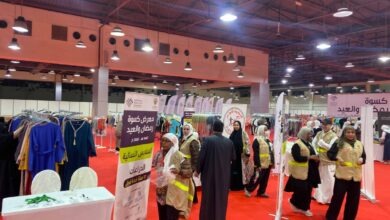Report reveals major gaps in Kuwait’s 2024–2025 development plan spending

A recent third-quarter follow-up report on Kuwait’s 2024–2025 development plan has exposed a significant shortfall in actual spending on investment projects.
Despite the allocation of 1.139 billion dinars for development, only 263.87 million dinars had been spent by the end of the third quarter, translating to an implementation rate of just 23.15%.
According to the detailed figures in the report, the Public Authority for Industry led in terms of implementation, spending 6.85 million dinars out of a 10.48 million allocation on a single project, achieving a 65.4% implementation rate.
It was followed by the Ministry of Health, which recorded a 45.76% rate, having spent 17.77 million dinars of its 38.8 million allocation across 10 projects. The General Administration of Civil Aviation ranked next, with a 45.14% implementation rate, having spent 8.68 million dinars from a 19.25 million budget across three projects.
Other agencies also recorded moderate performance. The Public Authority for Sports achieved an implementation rate of 37.84%, spending 10.57 million dinars out of 27.95 million on three projects.
The Kuwait Ports Authority followed with a 30.61% rate, spending 17.18 million dinars from a 56.14 million allocation on seven projects. Both the Public Authority for Housing Welfare and Kuwait University had nearly identical implementation rates of 28.15%. The Housing Authority spent 142.28 million dinars of its 505.45 million allocation on six projects, while the university spent 5.55 million dinars out of 19.7 million on one project.
The report also highlighted that 10 government agencies, despite having financial allocations under the development plan, recorded zero spending by the end of the third quarter. These include the Ministry of Information, which was allocated 3.18 million dinars for two projects, and the Public Authority for Youth with 500,000 dinars for five projects.
The Ministry of Finance had a 2.75-million-dinar allocation, the National Center for Education Development received 116,000 dinars, the Environment Public Authority 1.2 million dinars, Kuwait Municipality 150,000 dinars, the Ministry of Manpower 10,000 dinars, the Ministry of Commerce and Industry 400,000 dinars, the Ministry of Foreign Affairs 40,000 dinars, and the Ministry of Justice 200,000 dinars. Despite being included in the plan, these agencies recorded zero execution, reflecting a state of stagnation in significant portions of the development effort.
The report further noted that 11 entities listed under the development plan have projects either under implementation or in the planning stage but were not allocated any financial budgets. These include the Competition Protection Authority, the Direct Investment Promotion Authority, the Public Authority for Civil Information, the Ministry of Communications, the Ministry of Endowments, the General Authority for Combating Corruption, the Technical Authority for the Privatization Program, the General Authority for Partnership Projects between the Public and Private Sectors, the Silk City and Bubiyan Island Development Authority, and the Capital Markets Authority.
Conversely, some major entities with sizable allocations registered extremely low implementation rates. The Ministry of Education, for instance, was allocated 1.24 million dinars for two projects but spent only 0.02% of that amount. The General Organization for Social Insurance received 74.5 million dinars but recorded a disbursement rate of just 1.75%, while the Central Agency for Information Technology spent only 0.68% of its 1.77-million-dinar allocation.
Overall, the report’s findings point to a structural gap between planning and execution, with most government entities showing poor spending performance and many agencies not launching their allocated projects at all. These outcomes underscore the urgent need for a comprehensive review of project management procedures and greater accountability, especially for those agencies that failed to disburse even a single dinar or achieved minimal progress despite significant financial backing.













